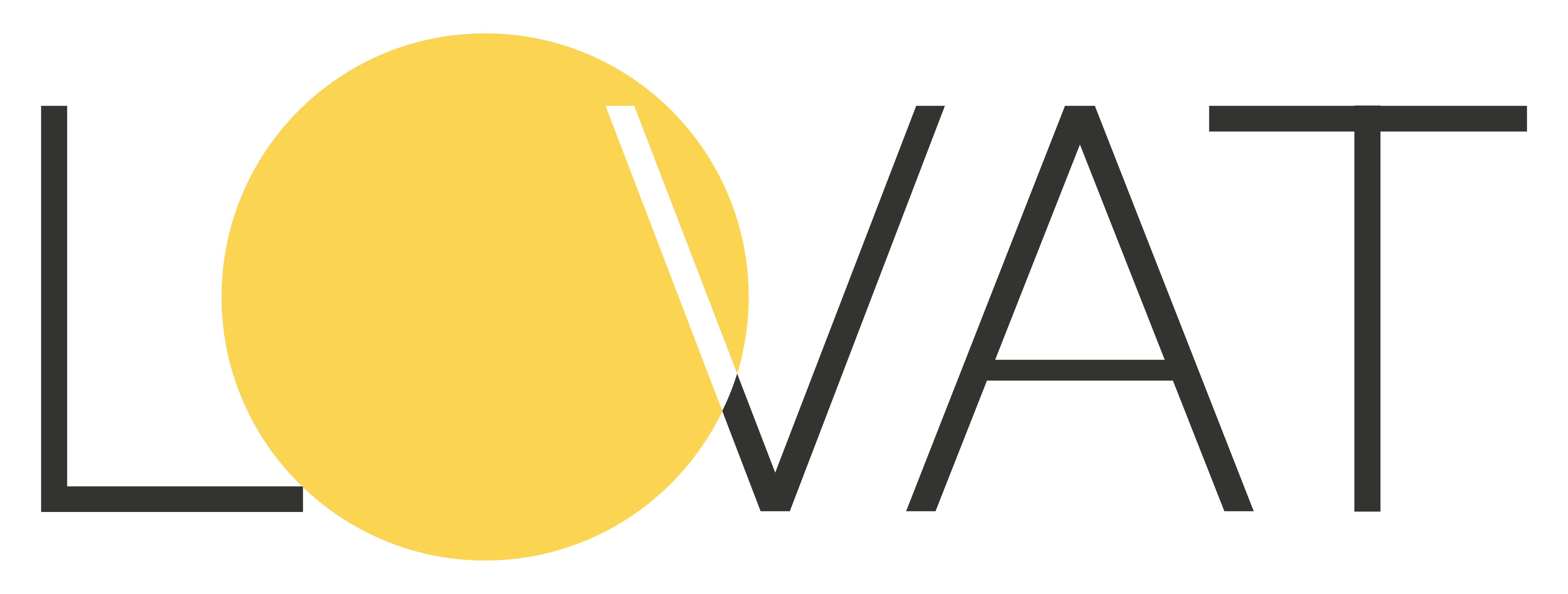This guide is for e-commerce companies that sell online via web stores or at marketplaces.
VAT Standard rate
The standard VAT rate in Sweden in 2024 is 25%.
VAT Reduced rate
A reduced VAT rate of 12% applies to hotels, campgrounds, certain works of art, food, and restaurant services.
A special reduced rate of 6% applies to certain items. These include for example newspapers and books. Also, 6% applies to repairs to bicycles, shoes, and other leather goods, clothing, and household linen.
The zero rates apply to:
- Сertain production services (most often printing services) of periodicals produced by non-profit organizations;
- Prescription drugs are sold to hospitals or imported into the country for delivery.
Threshold
Since July, new rules have been in effect in Sweden, defining a threshold of €10,000.
Deductible VAT
You can deduct VAT payable or pay on the following transactions:
- Domestic supplies of goods or services and transactions treated as such;
- Intra-EU acquisitions of goods and transactions are treated as such;
- Importation of goods.
Registration procedure
In Sweden, there is online registration. It is necessary to fill out a questionnaire and send documents confirming the activity in Sweden. The application review period is usually 3 months.
Tax representative
For companies based outside the EU, the appointment of a tax representative is required.
VAT returns filing date
If the taxable amount does not exceeds 40 million SEK for the tax year, the reporting interval is set to quarter. Alternatively, if the taxable amount surpasses 40 million SEK, the reporting period becomes one month.
VAT payment date
The quarterly VAT report needs to be filed by the 12th day of the second month following the conclusion of the reporting period. If the reporting period is a calendar month, the declaration needs to be submitted on the 26th day of the month following the reporting period.
E-invoicing in Sweden
On April 1, 2019, the Act on electronic invoicing in public procurement came into force in Sweden. The Law requires government suppliers to send electronic invoices for all government purchasing (B2G) transactions after April 1, 2019.
As of April 1, 2019, the Peppol system is actively used in Sweden for e-invoicing. This system allows linked government organizations and economic operators to communicate with each other.
E-invoices do not require an electronic signature and have a 7-year archiving period.
In February 2023, the Swedish government was suggested to introduce mandatory electronic invoicing in B2B and G2B. There is no specific timeline for the introduction of mandatory e-invoicing for B2B and G2B.


